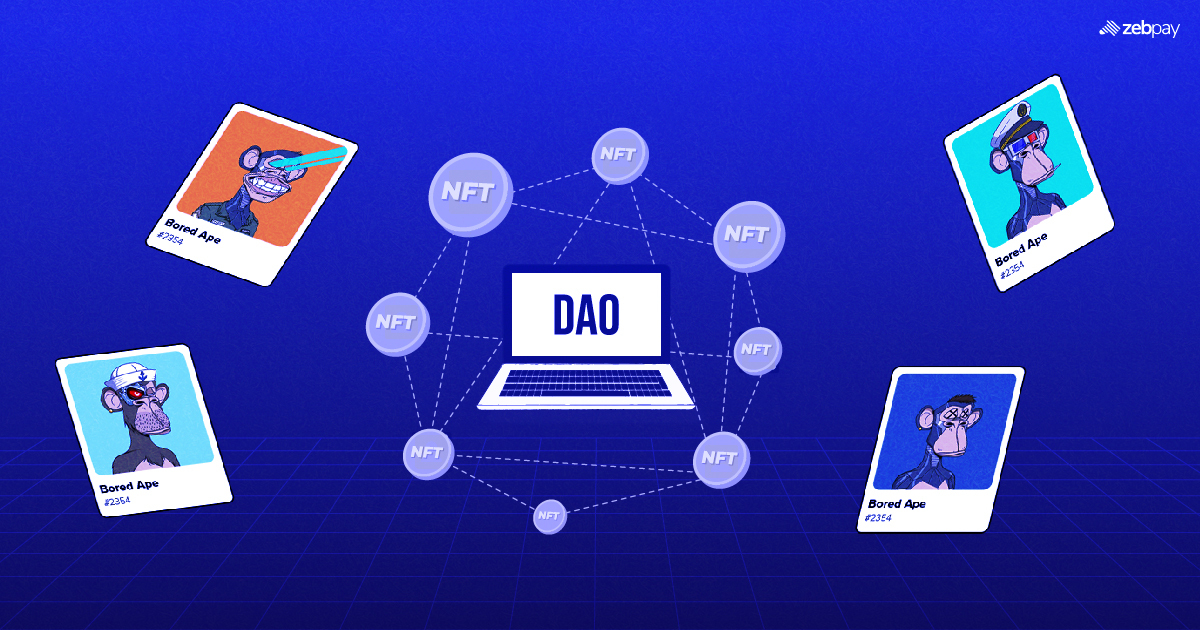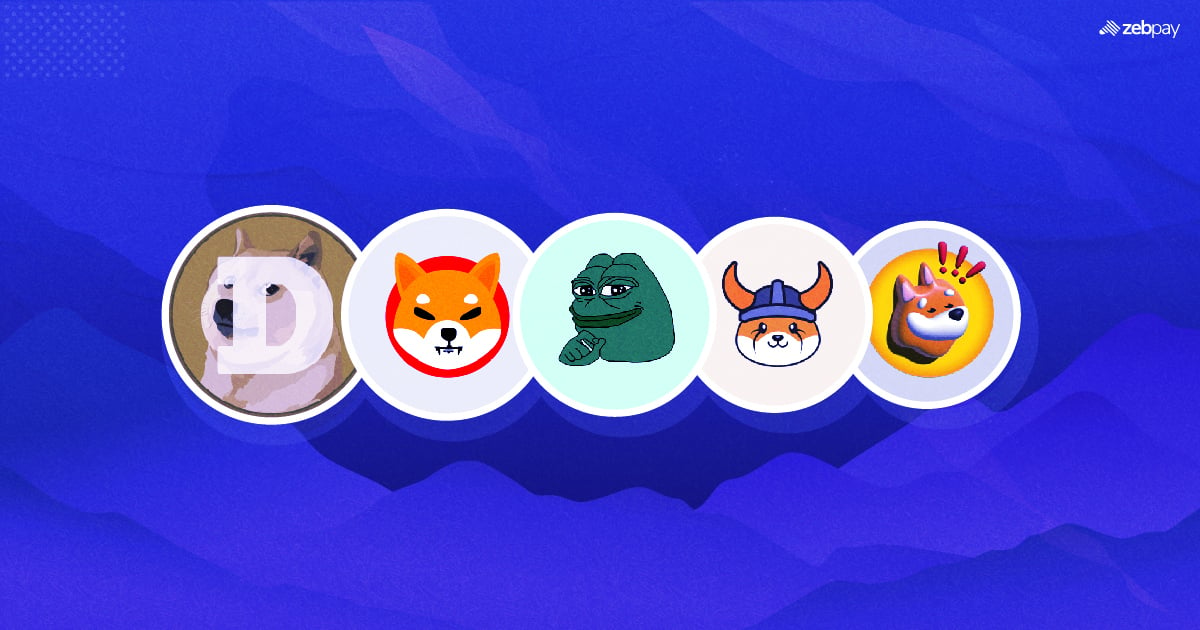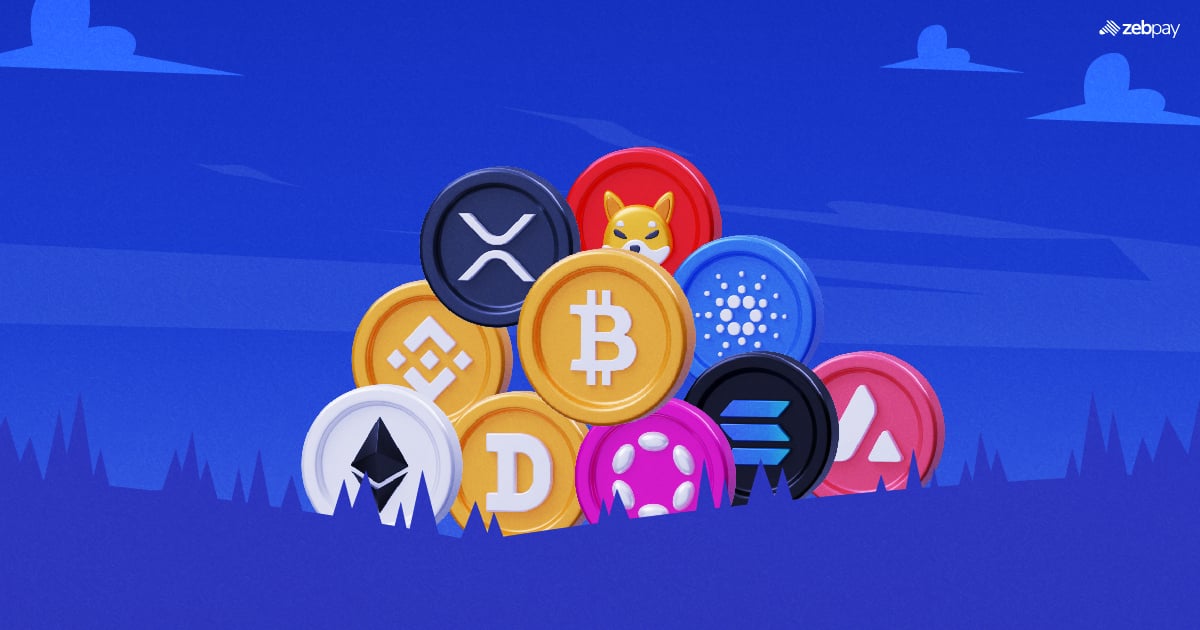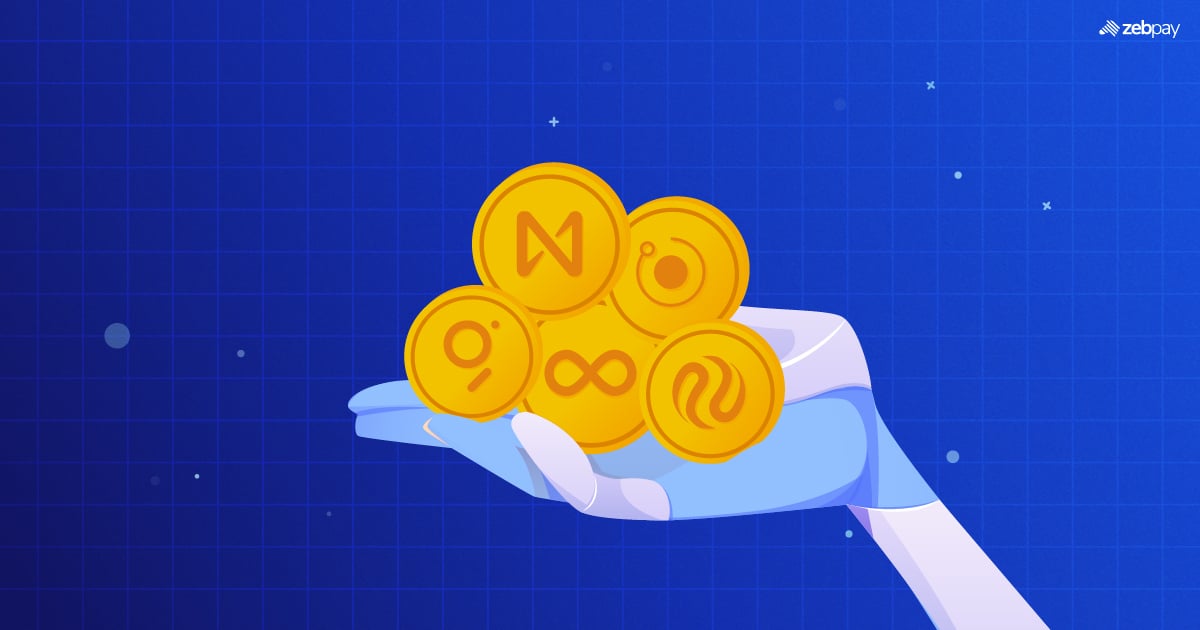Non-fungible tokens, or NFTs, have gained significant traction in the crypto world for the last few years. They are altering the concept of digital ownership and generating new use cases in the digital domain. NFTs are unique digital assets that can represent anything, such as art pieces, music, real estate, and collectables.
Decentralized autonomous organizations, or DAOs, are blockchain-based organizations that are supported by a peer-to-peer (P2P) network. Their management is decentralized and operates based on automated rules encoded in Smart contracts. DAO governance operates autonomously, using a combination of on-chain and off-chain tools to facilitate community decision-making.
DAO-enabled NFT systems provide users with a greater sense of digital ownership. They enable users to participate in active decision-making, such as voting on platform legislation and proposals. This article will explore how NFTs and DAOs help improve digital ownership of crypto assets.
Understanding NFTs
An NFT, or non-fungible token cannot be replaced or interchanged due to its unique features. Some of its vital features include being a digital asset that represents items such as art, real estate, music, and games with an authentic certificate established by blockchain technology. Another feature is that each NFT is unique and cannot be manipulated or copied.
NFTs are created by a process known as minting which involves creating a new block, validating NFT information with a validator, and closing the blockchain block. It incorporates Smart contracts that assign NFT ownership. These crypto tokens are issued with a unique identification directly connected to a blockchain address.
NFTs are built using the ERC-721 token standard and cannot be duplicated. Some vital NFT use cases are as follows:
- Art and Collectibles: The art world is the first to see the application of NFTs. Many artists market their digital works as one-of-a-kind assets. More artists and collectors are expected to use NFTs to buy and sell digital art and collectables in 2023.
- Virtual land: NFTs can be used to buy and sell virtual pieces of real estate. For example, you can prove your virtual digital ownership in a game using NFTs and monetize it.
- Digital Identity: They can verify digital identities and create digital reputations. Social media influencers can use NFTs to verify their identities and sell exclusive access to their content.
The Evolution of Digital Ownership
Traditionally, centralized platforms have mediated and tracked digital ownership. The development of blockchain technology has created a new paradigm for establishing, tracking, and validating digital ownership without the need for a central authority. In Web 2.0, centralization was the primary form of operation and service delivery, which raised several concerns, including data privacy, anonymity, and service monopolies. For example, in Web2, content creators are frequently at the mercy of social media platforms, which has resulted in various issues ranging from content censorship to content demonetization and de-platforming.
Read more: Web 3.0 vs Web 2.0
NFTs have emerged as a game-changing technology in digital ownership in recent years. NFTs use blockchain technology to produce unique, verifiable ownership records for everything from art and music to virtual real estate.
Advantages of NFTs over Traditional Digital Ownership
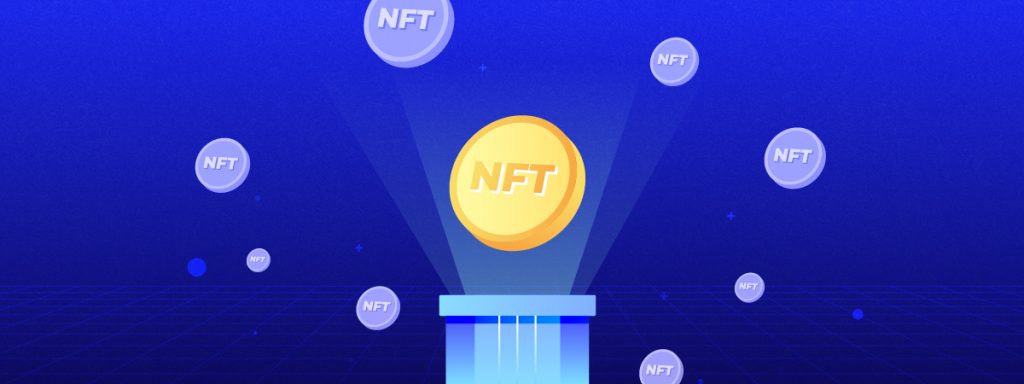
- Verified Authenticity: NFTs employ blockchain technology to verify the authenticity and ownership of digital assets, eliminating the risk of fraud.
- Immutable Ownership: Ownership of NFTs is recorded on blockchains, creating an immutable record that cannot be deleted or altered.
- Fractional Ownership: This feature enables multiple users to own a piece of a digital asset, leading to new forms of investment instruments.
- Smart Contract Capabilities: NFTs use Smart contracts to automate processes such as royalty payments and other transactions.
- Global Accessibility: NFTs provide a platform for the global exchange of digital assets, creating new opportunities for collectors and creators.
- Democratization of Ownership: NFTs democratize ownership of digital assets as anyone can own a piece of a digital asset.
Decentralized Autonomous Organizations (DAOs)
A Decentralized Autonomous Organization, or DAO, is a group that agrees to follow specific rules to achieve common goals. However, what separates DAOs from other systems is that these rules are encoded into their protocols. DAOs employ Smart contracts, programs that operate based on the fulfilment of particular criteria.
DAOs operate based on Smart contracts, which serve as the underlying architecture that governs how the DAO operates. These Smart contracts are in charge of running a DAO without the need for human intermediaries. They offer features such as verifiability and visibility, and they can be audited publicly, allowing every member to gain a complete understanding of the protocol. Funding is needed for DAOs to function smoothly. The token issuance method is commonly used to raise money; the protocol sells crypto tokens in exchange for funds. Token holders are granted voting rights based on their holdings. Its stakeholders make the rules, and these rules and transaction records are transparently stored on a blockchain.
DAOs provide several benefits for Web3 governance, including transparency, autonomy, inclusion, and efficiency. As DAOs are built on a public ledger, anyone can monitor, audit, and hold them accountable for their actions. DAOs can be established to administer decision-making processes within communities and organizations. They encourage democratic participation by returning power to the people, allowing individuals to have a say in vital decisions. This feature increases accountability, transparency, and inclusiveness in governance processes.
The Intersection of NFTs and DAOs
DAOs help to strengthen the sense of community behind NFT projects. They provide governance for these communities and a sense of belonging. A growing number of DAOs are being built to purchase NFTs. Users are part of a subset of a larger community when participating in one of these DAOs. Furthermore, DAOs allow this subgroup to communicate with one another and make collective decisions. Owning an NFT provides a sense of belonging to the project, but being a DAO member who acquires NFTs makes you a part of a social hub.
DAO decisions are made through a collective vote, and members often vote based on the number of tokens they own. There has been a rise in DAOs that use NFTs as voting tokens rather than conventional crypto tokens. So most resourceful members have more influence on its governance and benefit the most. These DAOs are a collective of NFT creators who help with fundraising, promotion, and local community building.
Challenges and Opportunities
There are several challenges to overcome for the broader adoption of DAOs and NFTs, some of which include:
- Complex Decision-Making: Obtaining consensus among token holders can be difficult, potentially leading to slow decision-making processes.
- Regulatory Uncertainty: Navigating the evolving regulatory framework for DAOs and NFTs across multiple jurisdictions can be difficult.
- KYC and AML Compliance: It can be challenging to implement Know Your Customer (KYC) and Anti-Money Laundering (AML) compliance mechanisms in DAOs while maintaining user privacy.
- Token-Based Manipulation: DAO members with significant stakes may have more influence in decision-making, leading to centralization in governance.
- Interoperability: It can be hard to ensure interoperability across different DAOs and NFT platforms, impeding the seamless movement of assets and data across ecosystems.
Conclusion
The integration of DAOs in the NFT ecosystem represents a vital moment in the evolution of digital ownership and governance. DAOs can transform NFT development platforms and marketplace development services, bringing in a new era of decentralized decision-making, inclusivity, and community empowerment. While challenges such as governance complications and legal considerations remain, the integration of DAOs with NFTs can lead to better governance structures, new compliance solutions, and a transformation of digital ownership.
To stay up to date with the latest crypto news, visit ZebPay blogs. Click on the button below to trade on ZebPay.

